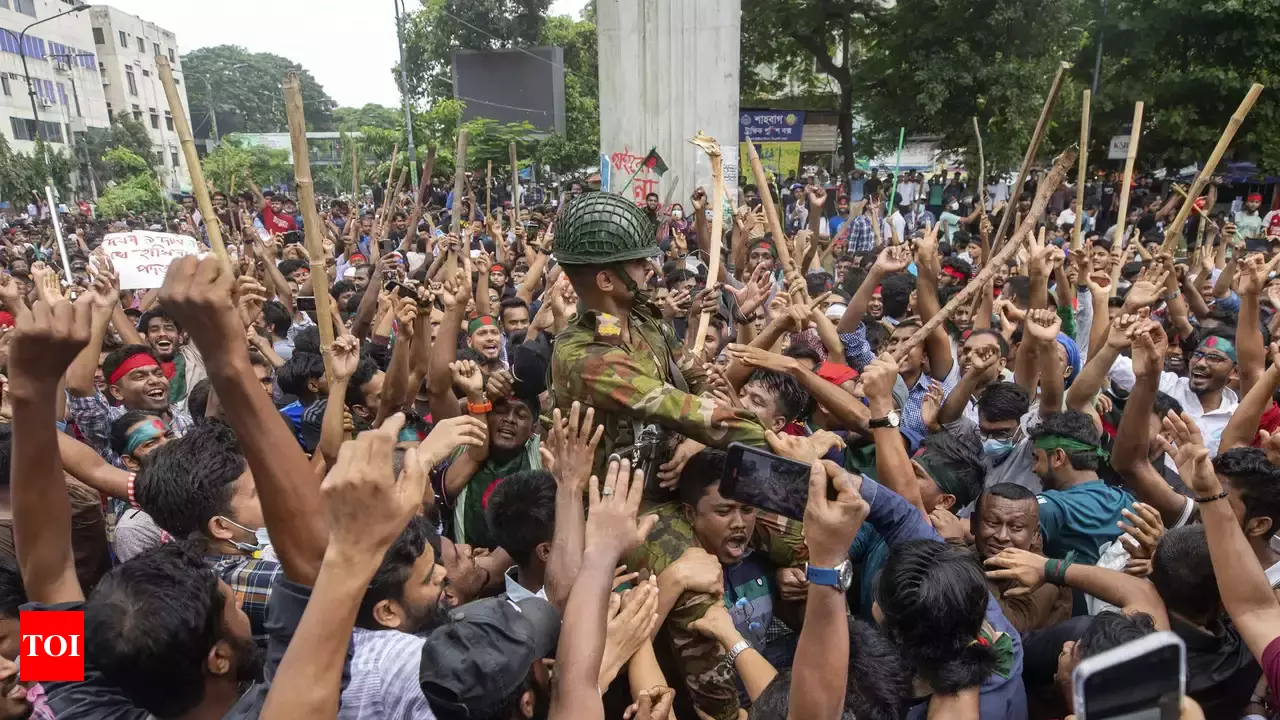In response to ongoing protests against quota reforms, Bangladesh has announced new bans on TikTok and YouTube, adding to previous restrictions on various social media platforms. The unrest began on July 17 when mobile internet was first disabled to curb the escalating demonstrations.
These protests resulted in the Supreme Court reducing the government job reservation quota from 30% to 5%. Despite this concession, the protests persist as demonstrators demand further actions, including the release of jailed protesters and accountability for those responsible for the violence.
The bans on social media in Bangladesh have been extensive, affecting popular platforms such as WhatsApp, Instagram, TikTok, and YouTube. The restrictions began with the disabling of mobile internet on July 17, followed by the shutdown of broadband services the next day.
Although broadband services were partially restored on July 23, mobile internet remained unavailable until July 28. The most recent bans on TikTok and YouTube were implemented on Friday, signaling ongoing government efforts to control the spread of protest-related content.

The latest restrictions predominantly affect mobile users, leaving broadband connections mostly unaffected. This is significant given that Bangladesh has over 120 million mobile network users. The government’s justification for these measures is to manage the protests against the controversial quota system.
The reservation system, which allocated 30% of government jobs to descendants of those who fought in the 1971 War of Independence, was seen as unjustly favoring supporters of the ruling Awami League party, sparking nationwide demonstrations by students.
The protests have been marked by violence, with more than 200 reported deaths as both police and groups linked to the government clashed with demonstrators. The Supreme Court’s decision to reduce the quota to 5% was a partial victory for the protesters, who now insist on further reforms. They demand the release of wrongfully detained protesters and the resignation of officials responsible for the violence.
The use of censorship as a response to protests is controversial. While it can prevent the spread of inflammatory content, it also infringes on freedom of speech and the flow of accurate information. Countries like North Korea and China frequently employ such tactics to maintain control.
The ethical implications of these blackouts are hotly debated, and it remains uncertain how long the bans in Bangladesh will last or when the situation will return to normal.


